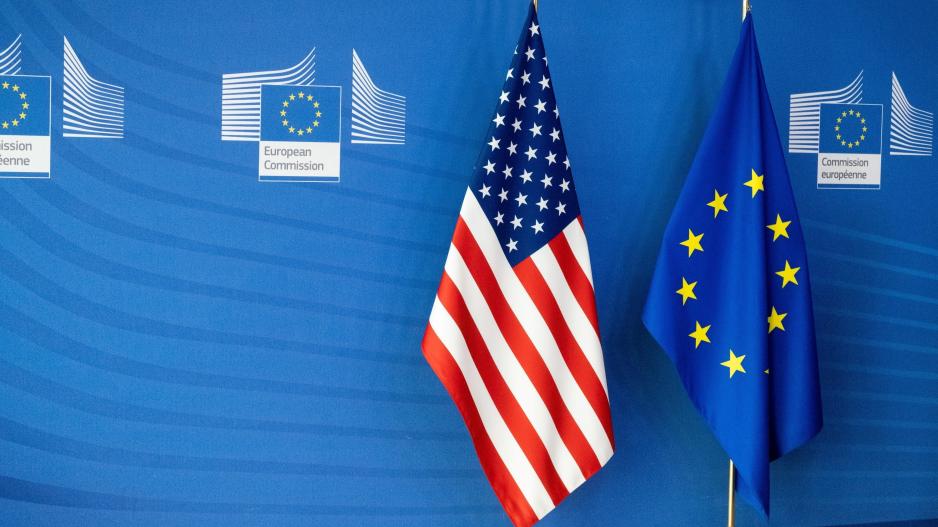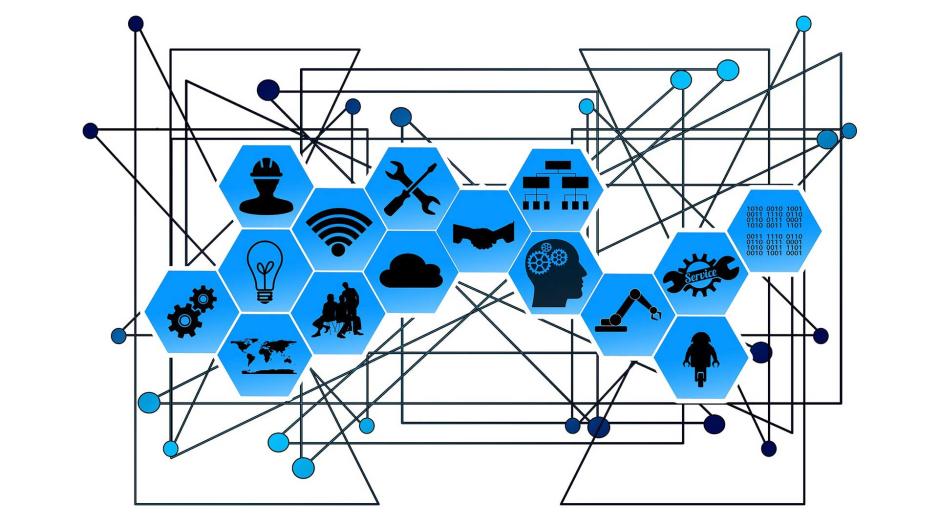European Commission Unveils Strategy for Web 4.0 and Virtual Worlds
Shaping the Digital Landscape
The European Commission unveiled its strategy on Tuesday for the evolution of the internet in its new form, Web 4.0, and the utilization of tools such as virtual worlds. The focus is on bolstering skills, promoting an industrial ecosystem of new technologies within the EU, employing them in public administration, and establishing global standards for open and interoperable virtual environments.
According to the announcement, the internet is progressing rapidly, currently manifesting as Web 3.0, characterized by openness, decentralization, and empowering users. Recognizing the forthcoming phase, Web 4.0, the Commission envisions a framework that seamlessly combines digital and real-life images and environments, facilitating enhanced interaction between humans and machines.
The technological transition to Web 4.0 holds significant implications for the EU's post-2030 economic prospects. A communication/report issued by the Commission in March projects a remarkable surge in the global market for virtual environments, from 27 billion euros in 2022 to over 800 billion euros by 2030.

Moreover, the European Commission embraced the new "EU-US Data Protection Framework" on Monday, allowing data transfers from EU nations to US companies without necessitating additional transfer tools, safeguards, or supplementary measures. However, US firms can participate in this framework after committing to comprehensive privacy protection obligations.
Notably, this marks the European Commission's third consecutive adequacy decision concerning data transfers to the US, following previous instances. The previous Safe Harbor decision, in effect from July 26, 2000, was invalidated by the European Court of Justice (ECJ) on October 6, 2015, due to a complaint by Max Schrems. Subsequently, the Privacy Shield decision, implemented on July 12, 2016, suffered the same fate, invalidated by the ECJ on July 16, 2020, also due to a complaint by Max Schrems.
This new decision is the result of extensive consultations between the Commission and the US, incorporating a relevant opinion from the European Data Protection Board.
To ensure privacy protection, the decision includes safeguards limiting the access of US authorities to data belonging to EU citizens solely to what is necessary and proportionate for national security purposes. Furthermore, the activities of US intelligence services are subject to enhanced supervision.
The establishment of a Data Protection Control Court is particularly noteworthy. This court will investigate and address complaints lodged by EU citizens concerning US national security authorities' access to their data.
It is worth mentioning that the new framework will undergo periodic reviews by the European Commission in collaboration with representatives from the Data Protection Authorities of the European Union. The first review is slated to occur within one year from the commencement of the adequacy decision.






